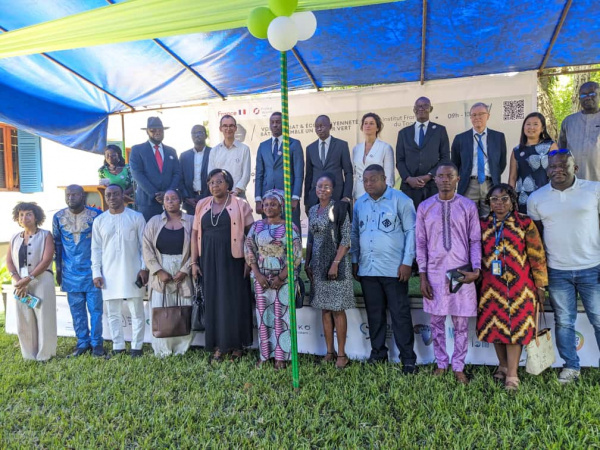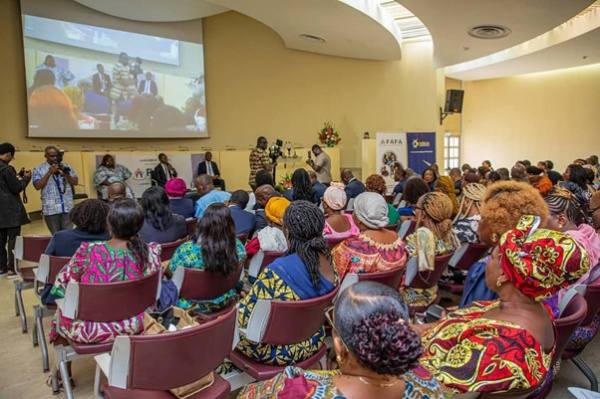Reporters Without Borders (RSF) has raised significant concerns about the state of press freedom in West Africa, with a new report highlighting a sharp decline in Burkina Faso and a worrying climate of fear and surveillance in Guinea. The findings underscore the growing challenges faced by journalists in the region, even as some positive developments emerge elsewhere.
Burkina Faso has experienced a precipitous drop in RSF’s global press freedom rankings, falling 19 places to 105th out of 180 countries. This represents a significant decline from its 86th position in 2024 and an even more dramatic slide from 58th place just two years prior. RSF describes the situation as a “freefall,” citing concerning practices targeting critical voices.
“In Burkina Faso, journalists and columnists who are critical of the government are now being forcibly removed and taken to the frontline, ostensibly to observe ‘the reality on the ground,’ a situation that is quite simply unique on the continent,” said Camille Montagu, RSF’s research officer for sub-Saharan Africa. This practice raises serious questions about the safety and independence of journalists operating in the country.
The report also points to a deteriorating environment for journalists in Guinea, where a climate of fear and surveillance is taking hold. “Journalists who remain in the country are closely watched by the authorities. They can be followed in the street,” Jeanne Lagarde, RSF’s Advocacy Officer for Sub-Saharan Africa, told AFP. This constant scrutiny creates an atmosphere of intimidation and self-censorship, hindering the ability of journalists to report freely.
Lagarde highlighted the abduction of journalist Habib Marouane Camara on December 3 as a particularly troubling example of the growing threats faced by media professionals in Guinea, emphasizing the increasing risks to their security.
While the situation in Burkina Faso and Guinea raises serious concerns, the RSF report also noted some positive developments in the region. Senegal, for example, climbed 20 places to 74th in this year’s index. However, RSF cautions that long-standing issues persist in Senegal, particularly regarding the economic sustainability of media outlets, indicating that challenges remain even in countries showing improvement.
This report serves as a reminder of the ongoing struggles for press freedom in West Africa and the importance of protecting journalists’ ability to report independently and without fear of reprisal. The international community is urged to pay close attention to the situation and support efforts to promote a free and open press in the region.









